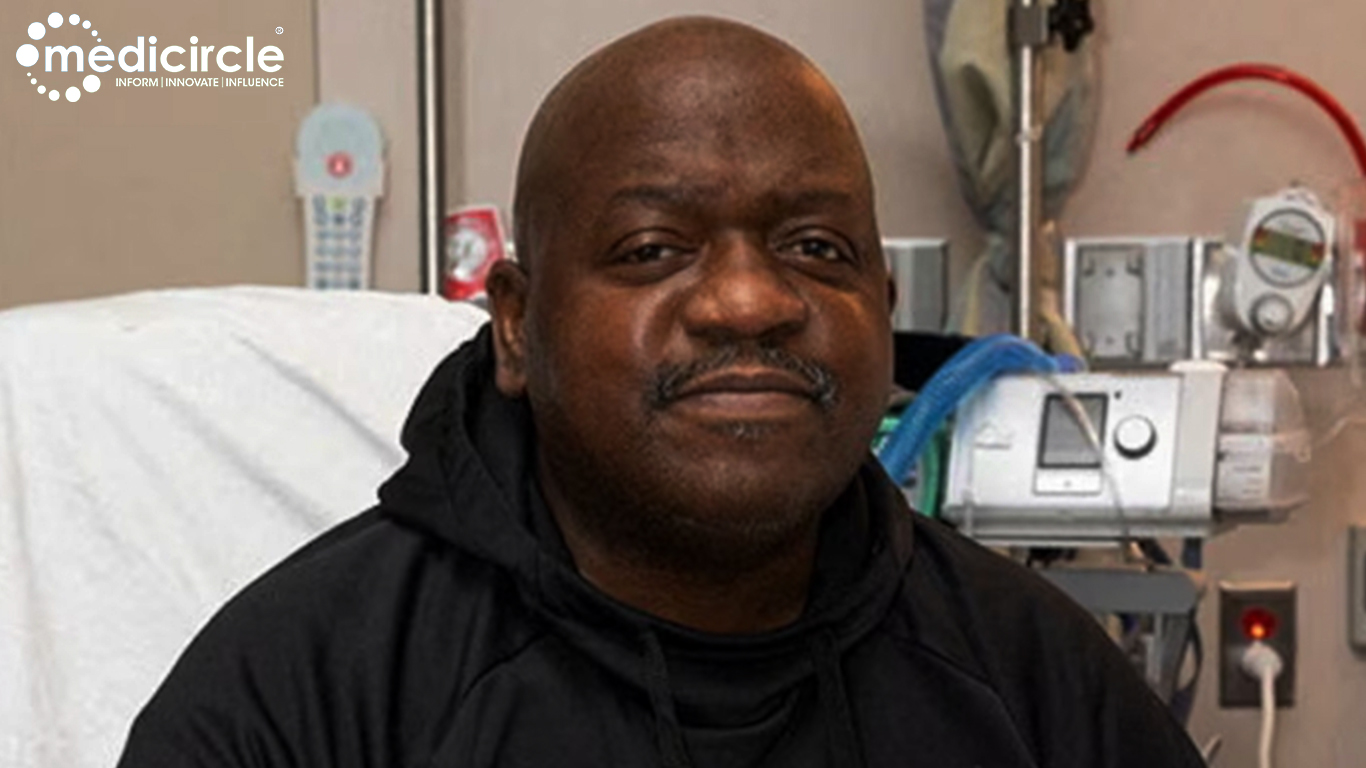Yesterday, the U.S. Food and Drug Administration approved a new indication for Myrbetriq (mirabegron extended-release tablets) and Myrbetriq Granules (mirabegron for extended-release oral suspension) to treat neurogenic detrusor overactivity (NDO), bladder dysfunction related to neurological impairment, in children ages three years and older. Myrbetriq is also indicated for overactive bladder in adult patients.
"Today's action is a positive step for the treatment of NDO in young patients," said Christine P. Nguyen, M.D., director, FDA's Division of Urology, Obstetrics and Gynecology, Office of Rare Diseases, Pediatrics, Urologic and Reproductive Medicine, Center for Drug Evaluation and Research. "Mirabegron, the active ingredient in Myrbetriq and Myrbetriq Granules, works by a different mechanism of action from the currently approved treatments, providing a new treatment option for these young patients. We remain committed to facilitating the development and approval of safe and effective therapies for pediatric NDO patients."
NDO is a dysfunction of the bladder that results from congenital conditions (inherited conditions beginning at or before birth), such as spina bifida, or other disease or injury in the nervous system, such as spinal cord injury. With NDO, there is overactivity of the bladder wall muscle, which normally relaxes to allow storage of urine. The bladder wall muscle overactivity in NDO results in sporadic bladder muscle contraction, which increases pressure in the bladder and decreases the volume of urine the bladder can hold. If NDO is not treated, increased pressure in the bladder can put the upper urinary tract at risk of harm, including possible permanent damage to the kidneys. In addition, spontaneous bladder muscle contractions can lead to unexpected and frequent leakage of urine with symptoms of urinary urgency (immediate need to urinate), frequency (urinating more often than normal) and incontinence (loss of bladder control).
The efficacy of Myrbetriq and Myrbetriq Granules for the pediatric NDO indication was established in a study of 86 patients ages 3 to 17 years old. Improvements occurred in patients' maximum cystometric (bladder) capacity, number of detrusor (bladder wall muscle) contractions, volume of urine held until first detrusor (bladder wall muscle) contraction and number of daily urine leakage episodes after 24 weeks of treatment.
The most common side effects with Myrbetriq and Myrbetriq Granules with NDO were urinary tract infection, nasopharyngitis (common cold), constipation and headache. Myrbetriq and Myrbetriq Granules may increase blood pressure and may make blood pressure worse in patients with a history of high blood pressure. Myrbetriq and Myrbetriq Granules may cause angioedema, an allergic reaction with swelling of the lips, face, tongue or throat. Patients should promptly discontinue Myrbetriq and Myrbetriq Granules and seek medical attention if angioedema associated with upper airway swelling occurs, as this may be life-threatening.
Myrbetriq and Myrbetriq Granules are two different products and they are not substitutable on a milligram-per-milligram basis. A recommended dosage for Myrbetriq Granules for adults has not been determined.
The FDA granted the approval of Myrbetriq and Myrbetriq Granules to Astellas Pharma US, Inc.

 NDO is a dysfunction of the bladder that results from congenital conditions
NDO is a dysfunction of the bladder that results from congenital conditions


























.jpeg)






